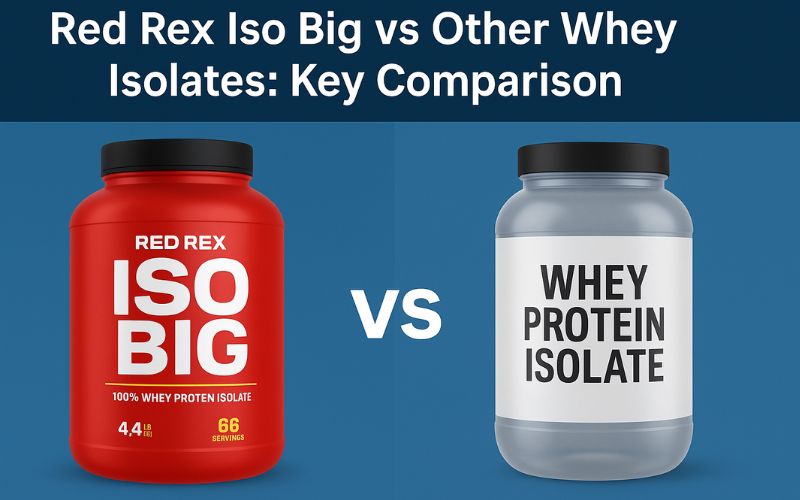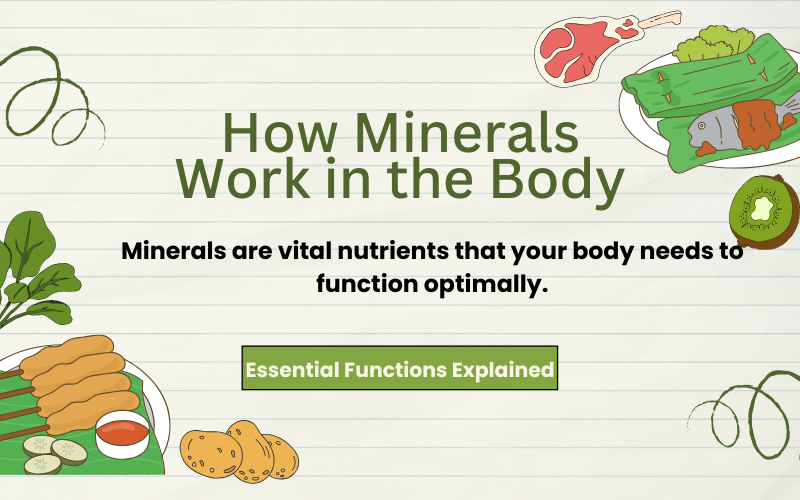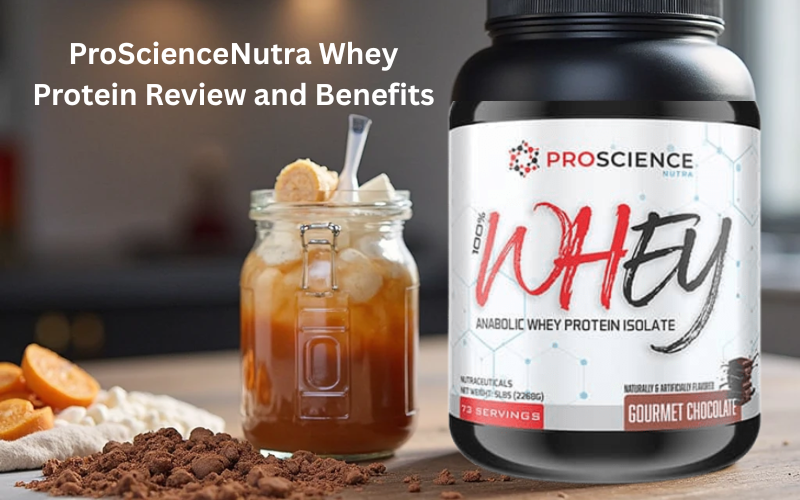Keto-Friendly Benefits of Using Isolate Protein in Your Diet
The ketogenic diet, Isolate protein for ketosis popularly known as keto, has taken the health and wellness world by storm. Its low-carb, high-fat approach has proven effective for weight loss, improved mental clarity, and enhanced energy levels. However, one critical aspect of the keto lifestyle is meeting your protein requirements without disrupting ketosis. Enter isolate protein—a perfect companion for keto enthusiasts. In this article, we’ll explore the keto-friendly benefits of isolate protein and why it should be a staple in your diet.
What Is Isolate Protein?
Isolate protein is a highly refined form of protein derived from sources like whey, soy, or pea. It undergoes rigorous filtration processes to remove carbohydrates, fats, and lactose, resulting in a product that contains at least 90% protein by weight. This makes it an ideal choice for those following a keto diet, as it provides pure protein without the carbs that could kick you out of ketosis.
The Role of Protein in the Keto Diet
Protein plays a crucial role in the ketogenic diet, but it’s essential to strike the right balance. Consuming too little protein can lead to muscle loss and weakened immunity, while overconsumption may result in gluconeogenesis—a process where excess protein is converted into glucose, potentially disrupting ketosis. Isolate protein offers a controlled way to meet your daily protein requirements without exceeding your carb limits.
1. Pure Protein for Ketosis Support
One of the standout benefits of isolate protein is its purity. With minimal to no carbohydrates and fats, it allows keto dieters to maintain their macronutrient ratios effortlessly. For example, a single scoop of whey isolate protein typically contains 25 grams of protein with less than 1 gram of carbs and fat. This means you can fuel your body without jeopardizing your state of ketosis.
2. Promotes Muscle Preservation and Growth
Maintaining muscle mass is a top priority for anyone on a weight-loss journey, including keto dieters. Isolate protein is rich in essential amino acids and branched-chain amino acids (BCAAs), which are critical for muscle repair and growth. By incorporating isolate protein into your diet, you can prevent muscle wasting, especially during calorie deficits, and support lean muscle development
3. Supports Weight Loss Goals
Protein is known for its satiating effect, helping you feel fuller for longer. Isolate protein can reduce cravings and unnecessary snacking, which are common pitfalls on any diet. By curbing hunger and boosting satiety, isolate protein aligns perfectly with the keto lifestyle, making it easier to adhere to your weight-loss goals.
4. Improved Post-Workout Recovery
The keto diet is often paired with physical activity, whether it’s resistance training, high-intensity workouts, or yoga. Post-workout nutrition is critical to recovery, and isolate protein is an excellent choice for replenishing amino acid stores. Its rapid absorption rate ensures that your muscles get the nutrients they need to repair and rebuild, minimizing soreness and maximizing performance.
5. Low Allergen Potential
For those with sensitivities to lactose, gluten, or soy, isolate protein—especially whey isolate—is a fantastic option. The filtration process removes most allergens, making it a safe and effective protein source for individuals with dietary restrictions. This aligns well with the keto community, which often includes individuals managing food intolerances.
6. Versatility in Keto Recipes
Isolate protein isn’t just for shakes. Its neutral flavor and fine texture make it a versatile ingredient in a variety of keto-friendly recipes. You can use it to create protein-packed pancakes, muffins, or even soups and sauces. This versatility ensures that you can enjoy diverse, satisfying meals without compromising your keto goals.
Keto Smoothie Recipe with Isolate Protein
Here’s a quick and easy recipe to try:
Ingredients:
- 1 scoop of vanilla-flavored isolate protein
- 1/2 cup unsweetened almond milk
- 1/4 avocado (for healthy fats)
- A handful of spinach
- 1 tablespoon chia seeds
- Ice cubes
Instructions: Blend all ingredients until smooth, and enjoy a creamy, keto-friendly protein smoothie that fuels your day.
7. Convenience for On-the-Go Nutrition
Busy schedules can make it challenging to stick to any diet, but isolate protein offers unparalleled convenience. Pre-measured servings in the form of powders or ready-to-drink shakes make it easy to meet your protein needs while traveling, at work, or during a hectic day. This level of accessibilty is a game-changer for keto dieters striving to maintain their macronutrient targets.
8. Helps Prevent the Keto Flu
When transitioning to a keto diet, many people experience the “keto flu,” which includes symptoms like fatigue, headaches, and irritability. These symptoms often result from an electrolyte imbalance and insufficient protein intake. Adding isolate protein to your diet can help mitigate these effects by providing essential nutrients that support overall energy and well-being.
9. Enhances Mental Clarity and Focus
The ketogenic diet is renowned for its cognitive benefits, such as improved focus and mental clarity. Protein plays a key role in brain health, as it provides amino acids like tryptophan and tyrosine that are precursors to neurotransmitters. Isolate protein ensures you’re getting these vital nutrients, enhancing your cognitive performance while on keto.
How to Incorporate Isolate Protein into Your Keto Diet
- Morning Fuel: Start your day with a protein shake mixed with unsweetened almond milk and a dollop of nut butter for a balanced keto breakfast.
- Pre- or Post-Workout: Use isolate protein to fuel your workouts or aid in recovery afterward.
- Mid-Day Snack: Mix isolate protein with Greek yogurt and a handful of nuts for a satisfying snack.
- Baking Alternative: Substitute a portion of flour with isolate protein in your keto baking recipes for added nutrition.
10. Connect with the Keto Community
One of the most rewarding aspects of the ketogenic lifestyle is the supportive community behind it. Sharing your experiences with isolate protein, exchanging recipes, and discussing your progress can foster a sense of belonging. Whether it’s on social media, forums, or local meet-ups, connecting with fellow keto enthusiasts helps you stay motivated and informed.
Choosing the Right Isolate Protein for Keto
When selecting an isolate protein, keep these tips in mind:
- Check the Nutrition Label: Ensure it contains minimal carbs and fats.
- Opt for High-Quality Brands: Look for trusted manufacturers with transparent ingredient lists.
- Choose Your Flavor: While unflavored options are versatile, flavored versions can add variety to your meals.
- Consider Additives: Avoid products with artificial sweeteners or fillers that may interfere with ketosis.
Conclusion
Isolate protein is more than just a supplement; it’s a powerful ally for anyone embracing the ketogenic lifestyle. Its purity, versatility, and compatibility with keto make it an indispensable tool for achieving your health and fitness goals. By incorporating isolate protein into your diet, you’ll enjoy enhanced muscle preservation, improved recovery, and sustained energy—all while staying firmly in ketosis. Don’t forget to connect with the keto community to share your journey and gain valuable insights.
Ready to elevate your keto journey? Explore our premium selection of isolate protein products a Syner Nutrition and take the first step toward your health and fitness goals today!
FAQs About Using Isolate Protein on a Keto Diet
1. Is isolate protein safe for a keto diet?
Yes, isolate protein is an excellent choice for a keto diet. It contains minimal carbohydrates and fats, making it ideal for maintaining ketosis while meeting your protein requirements. Look for high-quality isolate protein products with no added sugars or fillers to ensure they align with your keto goals.
2. How much isolate protein should I consume on a keto diet?
The amount of isolate protein you need depends on your activity level, body weight, and fitness goals. A common guideline is 0.6 to 0.8 grams of protein per pound of lean body mass. For those engaged in strength training or intense exercise, slightly higher intake may be beneficial. Adjust based on your personal needs while maintaining your overall macronutrient balance.
3. Can isolate protein cause me to lose ketosis?
No, isolate protein alone won’t typically knock you out of ketosis. However, consuming excessive protein may trigger gluconeogenesis, where your body converts protein into glucose, potentially affecting ketosis. To avoid this, monitor your protein intake and balance it with your fat and carb consumption.
4. What is the best time to take isolate protein on a keto diet?
You can take isolate protein at various times depending on your needs:\n- Morning: Kickstart your day with a protein shake for sustained energy.
- Post-Workout: Aid muscle recovery and repair after exercise.
- Between Meals: Use isolate protein as a snack to curb hunger and reduce cravings.
5. Are there keto-friendly recipes using isolate protein?
Absolutely! Isolate protein is incredibly versatile and can be used in recipes like:\n- Keto-friendly smoothies with unsweetened almond milk, avocado, and spinach.
- Protein pancakes or waffles made with almond flour and isolate protein.
- Keto protein bars or energy bites using nuts, seeds, and a scoop of isolate protein.
These recipes allow you to enjoy variety while staying aligned with your keto goals.









Add comment